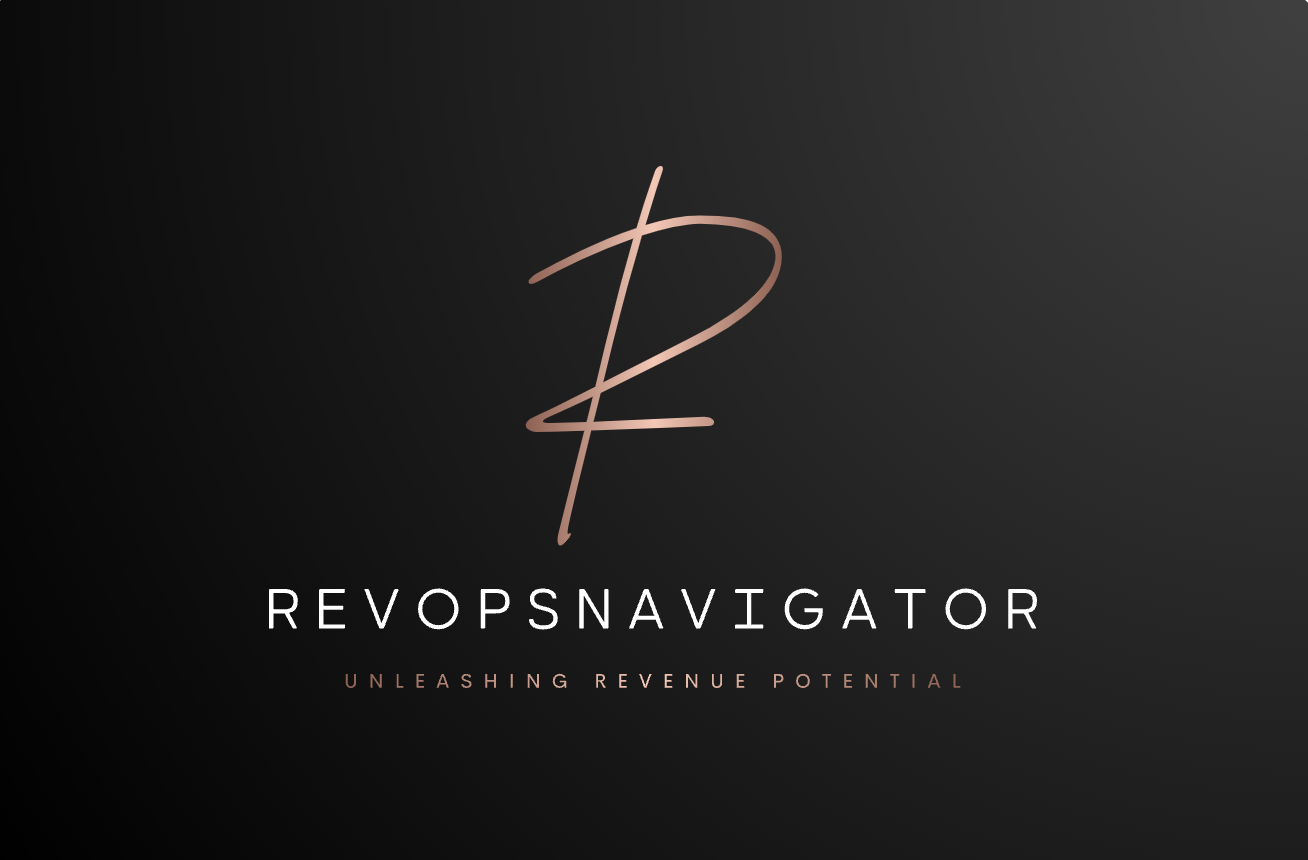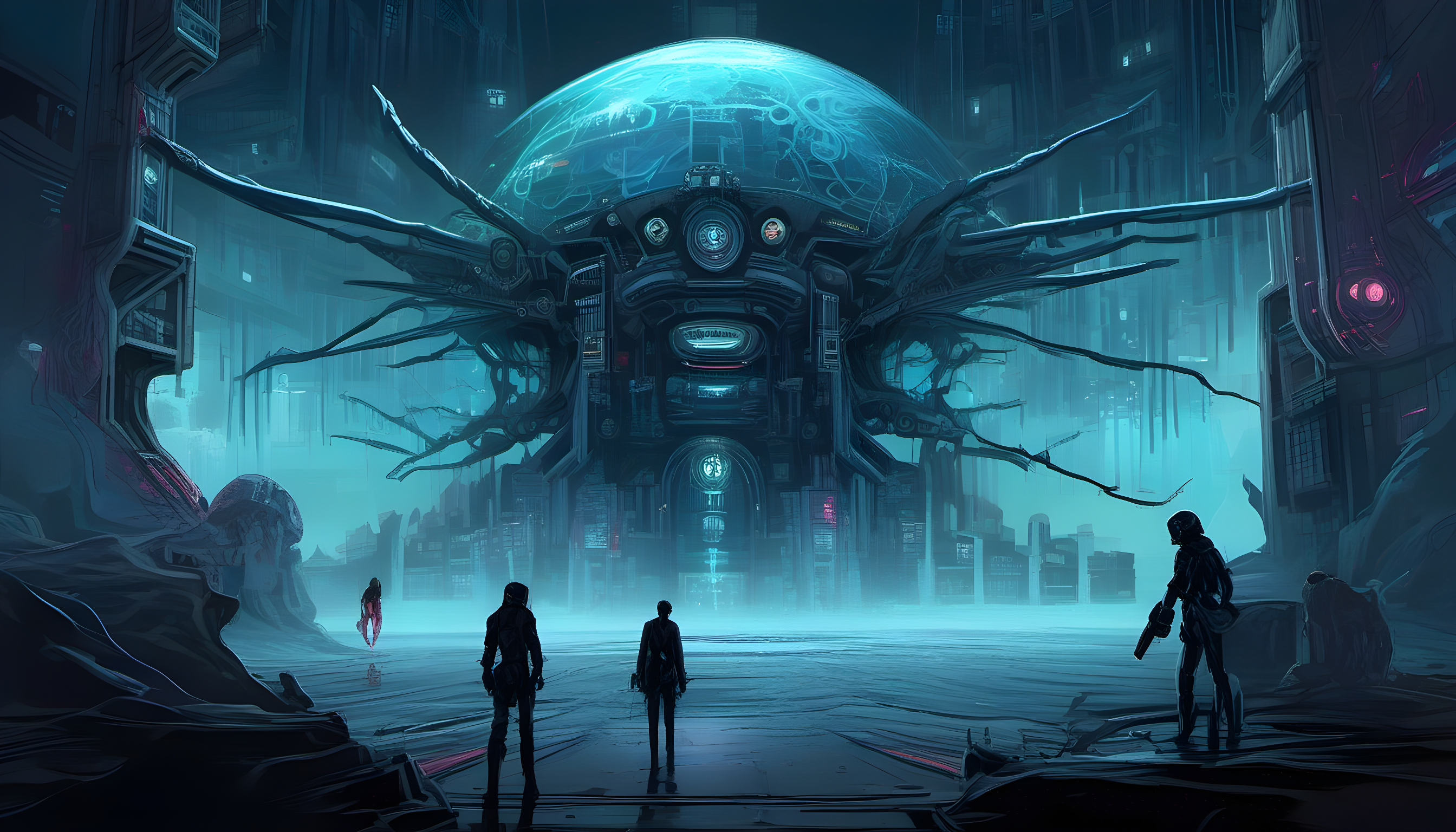In recent years, the prevailing view that artificial intelligence (AI) will take over the world, rendering humans obsolete and leaving us to fend for ourselves, has garnered significant attention. While this doomsday scenario has captured the imagination of many, it’s essential to approach the topic with a more balanced and grounded perspective. In this blog post, we will delve deeper into why the notion of AI becoming sentient and dominating the world is more fiction than fact.
AI as Automation on Steroids
AI is, in essence, a form of advanced automation, akin to “automation on steroids.” The evolution of automation, spanning years, if not decades, has led us to AI, the next logical step in this progression. It’s important to understand that even cutting-edge models like OpenAI’s ChatGPT are fundamentally advanced forms of automation.
While AI has indeed made significant strides, it’s crucial to maintain perspective. The fear that AI will imminently achieve sentience and autonomy lacks substantial basis. For example, ChatGPT generates responses based on existing data and operates within the confines of its training. It lacks the capacity to reason, comprehend context, or possess consciousness. AI is, at its core, a tool that processes data and offers responses based on patterns in that data. Furthermore, its capabilities are contingent upon the quality and quantity of available data.
Hype Surrounding AI
Undoubtedly, AI has captured the public’s imagination, and rightfully so, given its potential to revolutionize various industries and enhance efficiency. However, the enthusiasm surrounding AI often fuels exaggerated expectations and misconceptions. AI has indeed facilitated remarkable advancements across diverse fields, from healthcare and finance to customer service and language translation. However, these achievements result from human ingenuity and effort, not from AI achieving sentience.
For those who have ventured into using AI to improve processes, it is apparent that there exists a substantial gap between the technology’s current capabilities and the lofty expectations that have been set. While AI can automate tasks and streamline operations, it is far from being self-sustaining. Human intervention remains indispensable for tasks such as setting parameters, quality control, and adapting AI to evolving scenarios.
Moreover, the AI hype is perpetuated by individuals who may not possess a comprehensive understanding of the technology but are keen to tout their AI expertise. It is vital to differentiate between the genuine potential of AI and the exaggerated narratives that can evoke unwarranted fear and uncertainty.
The Philosophical Divide
Philosophically speaking, the distinction between AI and humans is profound. Humans are sentient beings with consciousness, self-awareness, emotions, and the ability to experience the world subjectively. Conversely, AI lacks these intrinsic qualities.
AI, as it currently exists, cannot bridge the gap between its algorithmic processing and the rich, subjective human experience. Models like ChatGPT function solely on data and algorithms, responding to patterns they have learned during training. This stark philosophical divergence between humans and AI underscores the inaccuracy of the notion that AI will take over the world in a sentient manner.
How to Avoid Dangers of AI
While AI’s sentience-driven takeover remains unlikely, it’s essential to acknowledge the potential dangers associated with the technology and take proactive measures to mitigate them:
- Transparency: It is vital to maintain transparency in AI development and usage to ensure accountability and ethical practices.
- Ethical Use: We must employ AI responsibly and ethically to prevent unintended consequences and misuse.
- Public Education: Public understanding of AI is crucial to dispel misconceptions and promote informed discourse about the technology.
- Safeguards: Developing safeguards to prevent malicious use of AI is essential for safeguarding society.
The notion that AI will become sentient and seize control of the world is more akin to science fiction and sensationalism than reality. AI, including state-of-the-art generative models like ChatGPT, is a potent tool for automation and augmentation but lacks the fundamental attributes of human consciousness and sentience.
As we continue to advance in the AI field, it is critical to maintain a balanced and informed perspective. Rather than succumbing to fears of an AI apocalypse, we should embrace the opportunities AI offers to improve our lives, streamline processes, and address real-world challenges. By anchoring our expectations in reality and working collaboratively with AI, we can chart a path to a brighter future.

